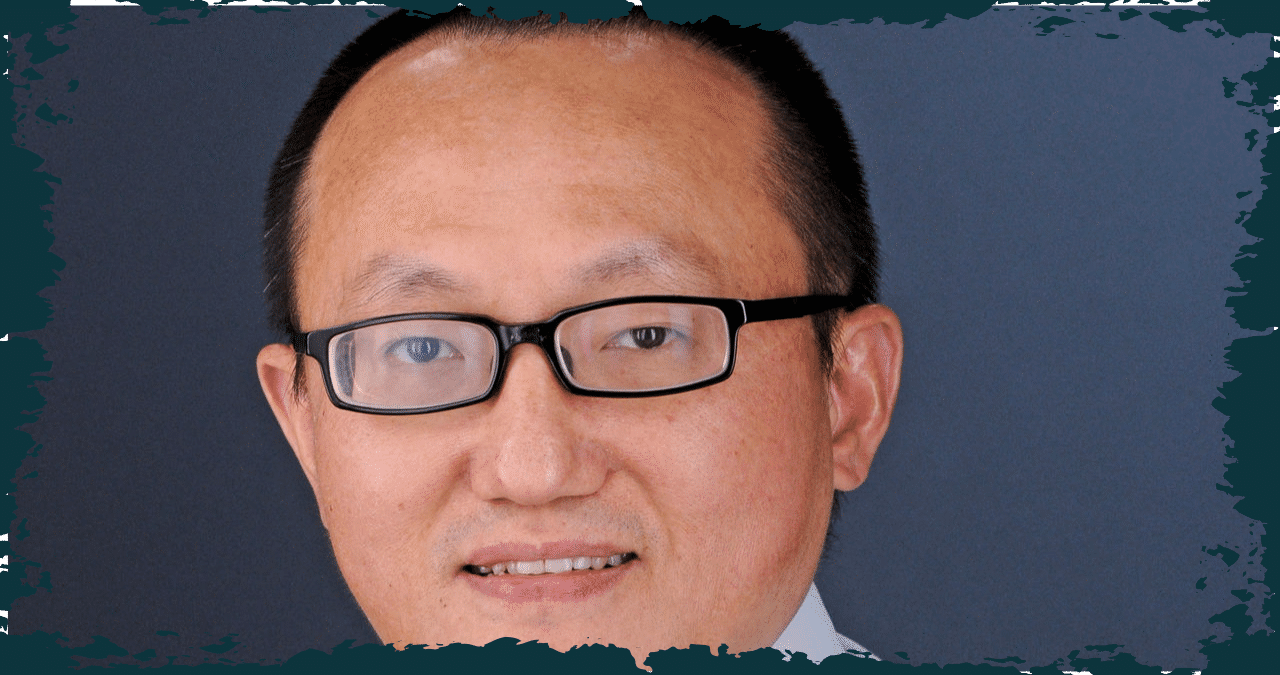On Thursday, a U.S. appeals court overturned the conviction of a former University of Kansas professor for supposedly making a false statement in regards to his work in China. This decision marks yet another setback for the Department of Justice’s efforts to crack down on Chinese influence within American academia during the Trump administration. The professor’s case is just one example of the ongoing tension between the United States and China regarding their respective academic research and collaboration.
In 2022, Feng “Franklin” Tao was convicted by jurors, but the Denver-based 10th U.S. Circuit Court of Appeals has now ruled, on a 2-1 vote, that prosecutors did not provide enough evidence to support the only remaining count on which he was convicted.
According to Peter Zeidenberg, who is Tao’s attorney, the case against his client is a classic example of a misguided prosecution. Despite lacking any evidence that could prove Tao’s involvement in espionage, the authorities continued to pursue the case. This resulted in a severe financial crisis for Tao’s family and ultimately led to his termination from his job.
According to Zeidenberg, “This long nightmare is finally over,” and Dr. Tao is grateful for it.
The comment from the Justice Department was not provided.
As part of the “China Initiative” launched in 2018 during the former administration of Republican President Donald Trump, Tao was among approximately two dozen academics who faced charges. The initiative aimed to combat suspected Chinese economic espionage and research theft.
In 2022, the Democratic President Joe Biden’s administration decided to end the China Initiative by the Justice Department. This decision came after several unsuccessful prosecutions and criticism that the initiative created bias against Asians and hindered research. However, the Justice Department clarified that it would still pursue cases related to national security threats posed by China.
According to prosecutors, Tao, an expert in renewable energy projects, intentionally hid his association with Fuzhou University in China from the University of Kansas and two federal agencies that had granted funds for his research.
In 2019, Tao faced an indictment. However, a jury found him guilty of only four out of eight counts in April 2022. Later, a trial judge overturned three wire fraud convictions due to insufficient evidence. Tao was sentenced to time served.
The defendant was found guilty of one count of making a false statement due to his failure to disclose his association with Fuzhou University on a form that he submitted to the University of Kansas. According to the prosecutors, this information was significant to the funding decisions made by the U.S. Department of Energy and the National Science Foundation.
The majority opinion, written by U.S. Circuit Judge Nancy Moritz, stated that Tao’s statement did not have the ability to impact any funding decisions as neither agency had received any proposals from Tao. Consequently, the prosecutors could not prove that the statement made by Tao was material.



